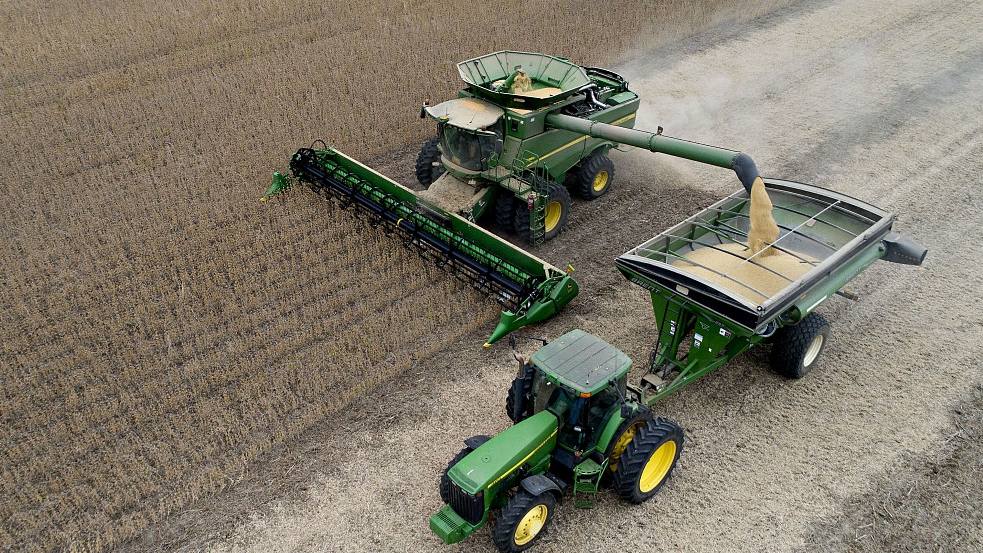
World
01:44, 14-May-2019
What's behind China's 'tariff retaliation'?
Updated
09:23, 14-May-2019
CGTN

China has decided to impose tariffs of 25 percent, 20 percent and 10 percent on certain U.S. products starting June 1, announced the Customs Tariff Commission of the State Council in a statement issued Monday.
The tariffs will be targeting U.S. goods worth 60 billion U.S. dollars, the statement said, adding that the products under five-percent tariff cap would not be affected by this round of tariffs.
China's strong opposition against trade war
The Chinese side has long since recognized that the introduction of tariffs by the U.S. is, in fact, a kind of "race to the bottom" gambling strategy. It's a move against the current trend, contrary to public opinion, and ultimately will only end in vain.
“China is strongly against levying more tariffs, which cannot help solve the trade issue nor benefit the two sides and the world,” said Liu He, Chinese Vice Premier and chief of the Chinese trade delegation, after the latest round of consultations ended in Washington. He also expressed confidence in China's economy to shoulder the pressure from trade tension.
“China's stance has always been consistent and clear-cut, that is, firm opposition to unilateral additional tariffs,” said Gao Feng, spokesperson of China's Ministry of Commerce. “There is no winner in the trade war, which is not in line with the interests of both parties as well as the world,” Gao noted.
China does not want a trade war but is not afraid of one, according to a statement released by the Chinese embassy in the U.S.
American pains
In an editorial published on May 10 following Washington's move to increase tariffs on 200 billion dollars worth of Chinese goods, the New York Times called the tariffs "a new tax on Americans" as the extra tariffs will ultimately be paid for by firms or the pocket of the buyers.
Larry Kudlow, head of the U.S. National Economic Council, admits the U.S. will suffer from tariffs in an interview on May 12, contradicting Trump's claim that his tariffs are a multibillion-dollar, mostly one-way payment by China to the American Treasury.
Jon Taylor, a political science professor at the University of St. Thomas in Houston, said that China's attitude towards the tariff hike meant that China will not tolerate anything less than an equal standing in the negotiations.
The only way forward is cooperation and consultation based on respect for each other's core concerns, according to Taylor.
Davie Stephens, president of the American Soybean Association (ASA), said in a statement that American soy farmers have found themselves in the crosshairs of Chinese countermeasures, and prolonging the battle will be even more damaging.
Stocks tumble
U.S. stocks plunged on Monday amid U.S.-China trade tensions, with the Dow dropping more than 700 points, the S&P 500 declining 2.72 percent and the Nasdaq erasing 3.53 percent.
The S&P 500 Index suffered the biggest drop since January 3. As of 11:38 a.m. New York time, Boeing dropped 3.7 percent, Caterpillar Inc. fell 4.8 percent and Apple Inc. lost 5.1 percent.

SITEMAP
Copyright © 2018 CGTN. Beijing ICP prepared NO.16065310-3
Copyright © 2018 CGTN. Beijing ICP prepared NO.16065310-3